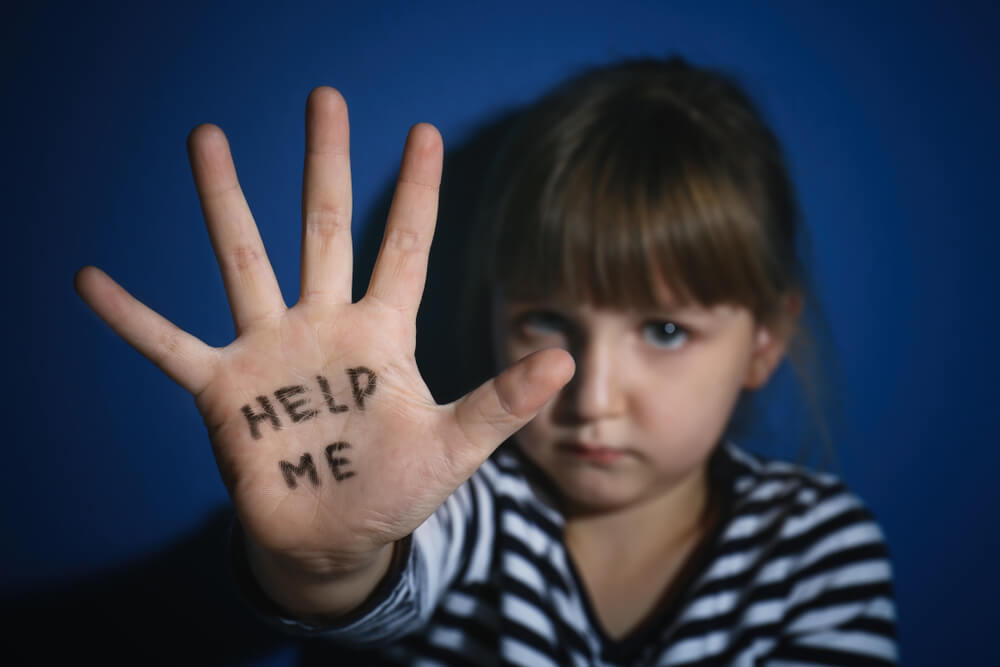Families with disabilities are those that prevent or create barriers to the personal development of their members, implement a series of mechanisms that eventually create insecurity, undermine everyone’s confidence in what they are able to do, and create a sense of disability that hinders personal growth.
We all know that the family is our social base, from there people learn to connect with other human beings, we initially learned the models that this nucleus transmits to us, which serve as the basis for all the relationships to follow throughout our lives.
- If it’s not under your protection.
- Don’t put one foot in front of the other on this threshold God support me.
- The ghost can wait for me on the edge of the stairs and take me with him to hell!?- Matthew Gregory Lewis-.
In the case of a debilitating family, the patterns of learned behavior are wrong, they are marked mainly by ways of acting full of anguish and guilt, these families cancel their members in different ways, they often have great problems adapting to other environments from an early age, so it is also very common for them to stay at home until old age.
One of the most common mechanisms for invalidating families is overprotection, i. e. an excessive concern to keep the person away from any potential danger, part of the idea that the world is a place full of threats, so extreme prevention and protection measures are needed so that the person is not the victim of any of them.
What lies behind the child who goes through this style of creation is anxiety, dependence and low self-esteem, anxiety generates imaginary fears and guilt, do parents want their children not to suffer?And they’re afraid of damaging them by giving them some responsibility. Make no child happier, on the contrary. This is the essence of the invalidation of families.
People who grow up as a family do so in such a way that they gradually become fearful individuals, the simple fact of leaving home already scares them, either at a small or high level, the most serious thing is when some fail to identify themselves. the resources they have to face difficulties or achieve their goals, for this there are always parents, because they know what to do.
The disabling family overprotects the other also motivated by anxiety, but in doing so, it sends an implicit message of superiority: I can do it, you can’t, the family can protect you, you alone can’t get any protection. This situation creates a very strong dependence, a sense of self-efficacy and very low self-esteem.
Basically, many parents who attend this type of education have found in their children an excuse not to have to think about their own problems, they take their children’s problems for themselves, perhaps because they seem simpler and easier to solve than adult problems. talking about very frustrated and empty people. Children become an excuse to postpone the necessary conversation with the campaign forever.
Therefore, they extend to where they can depend on children, one of the mechanisms that contributes to this is to become a debilitating family, in this way children will have a lot of work to leave the nest, if they would also need their family for almost everything, even if they were finally out of the house.
It is not easy to leave the siege created by a debilitating family, it is not easy in the first place because people tend to resist admitting that their family context is pathological, the idea is built that the family does everything for the good of others. the person, and the person grows up believing that this is the absolute truth. So much sacrifice, so careful? It is difficult to understand that this is in fact pathological behavior, not precious love.
Those who are part of a debilitating family generally become very insecure and, at the same time, very stubborn, are people who have little tolerance for frustration, so it is quite difficult for them to set goals and pursue them in case of In general, they feel inferior to others and victimize themselves very often, since they are used to feeling worthy of attention and special contexts.
The only way out of this circle of debilitating families is to unlearn the behavioral foundations imposed by their education, a very difficult and complicated goal, the individual must break with a structure that the people who care most have created, and even in which of course, the idea of facing your fears without this protective external context can seem terribly frightening , as well as an act of ingratitude towards those who have protected you, and in a very useless way of taking risks.
Thus, they do not have the support of the family to pursue and achieve this goal, and they must create this support with a therapist or an outsider who compensates for the lack of self-confidence. Therefore, in these cases, the first and most important step is to ask for help in this effort.

